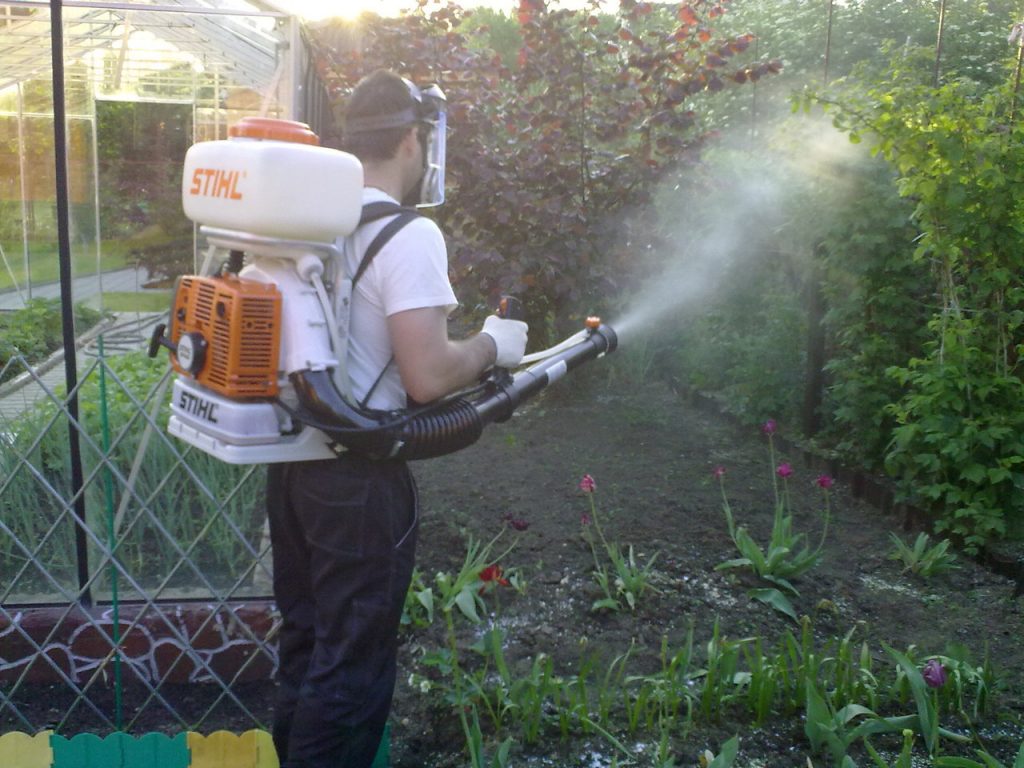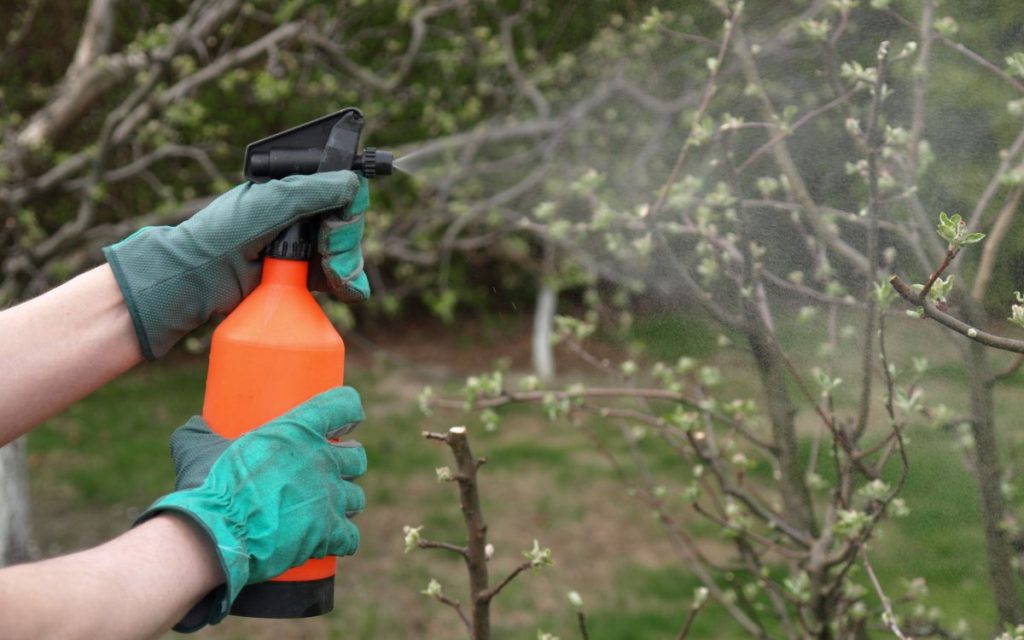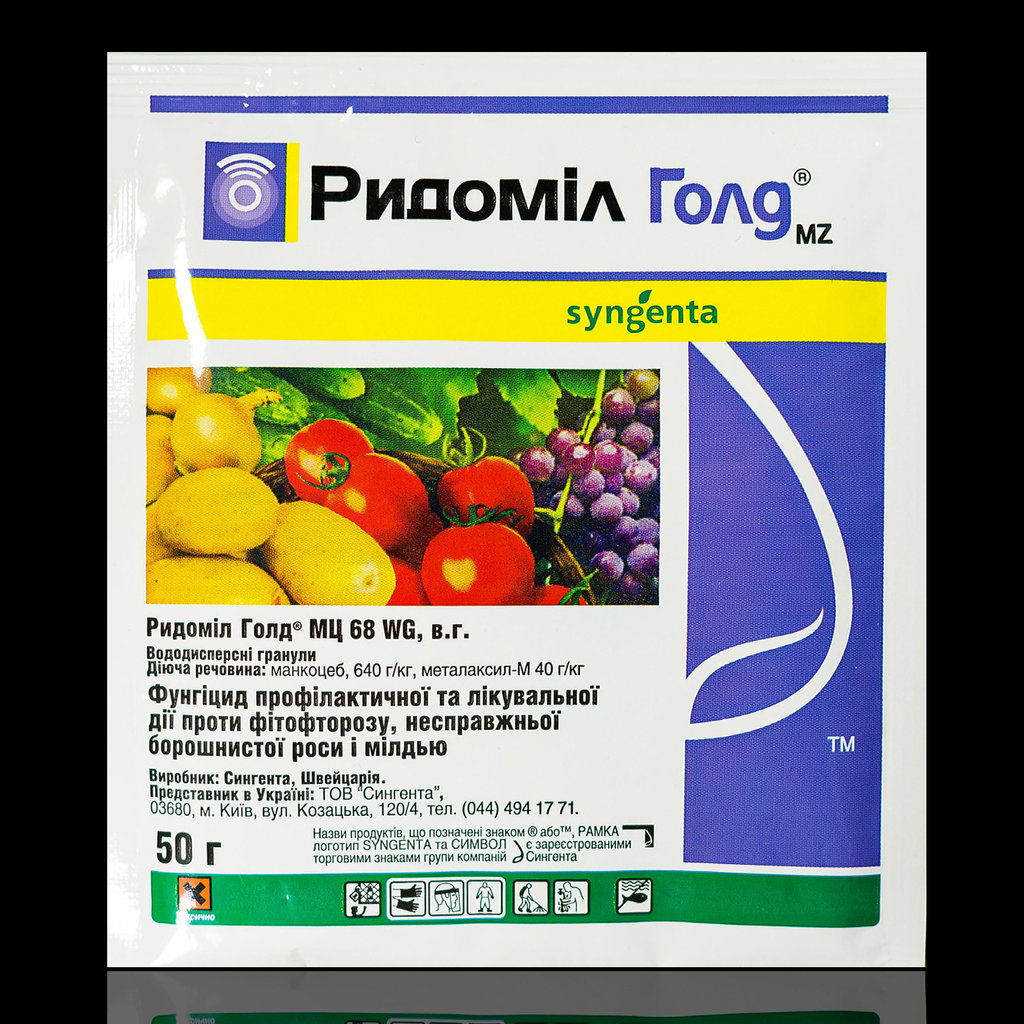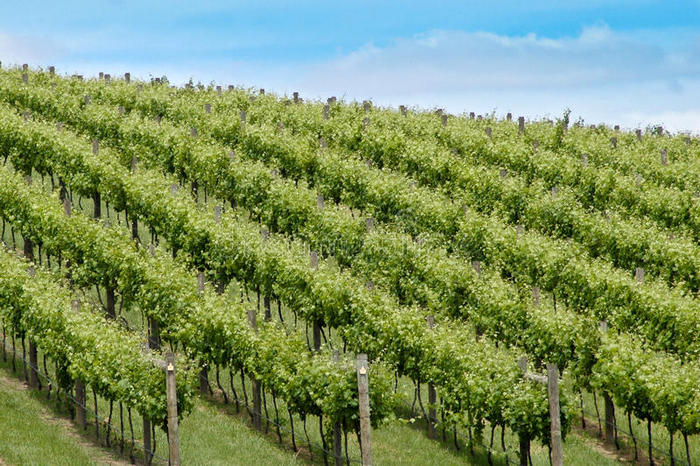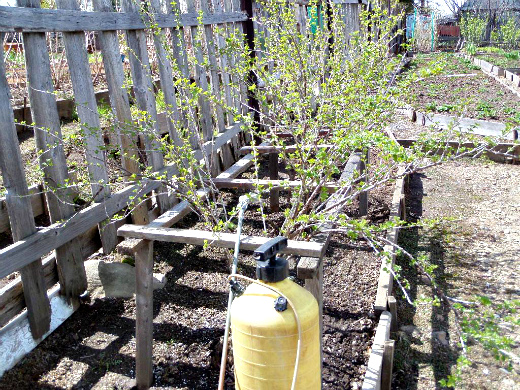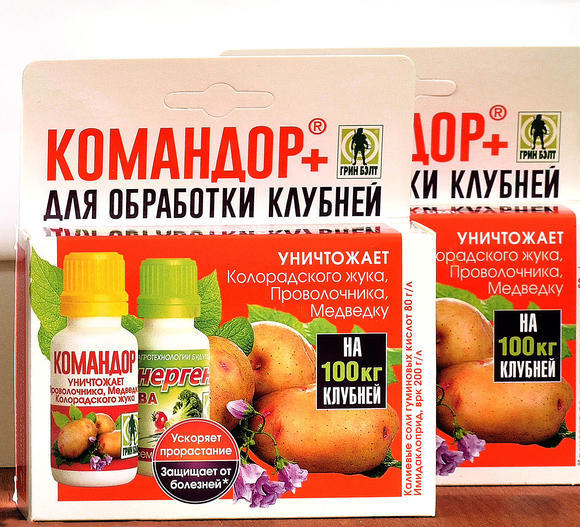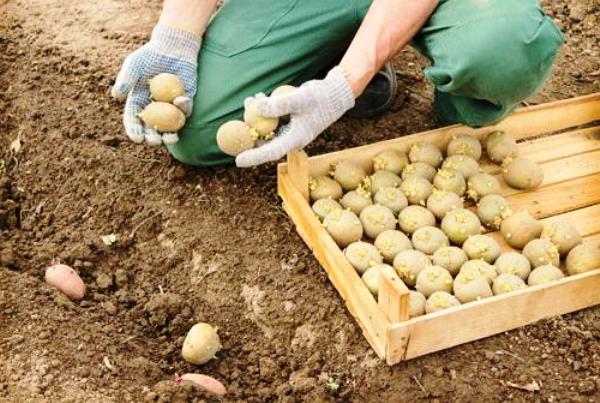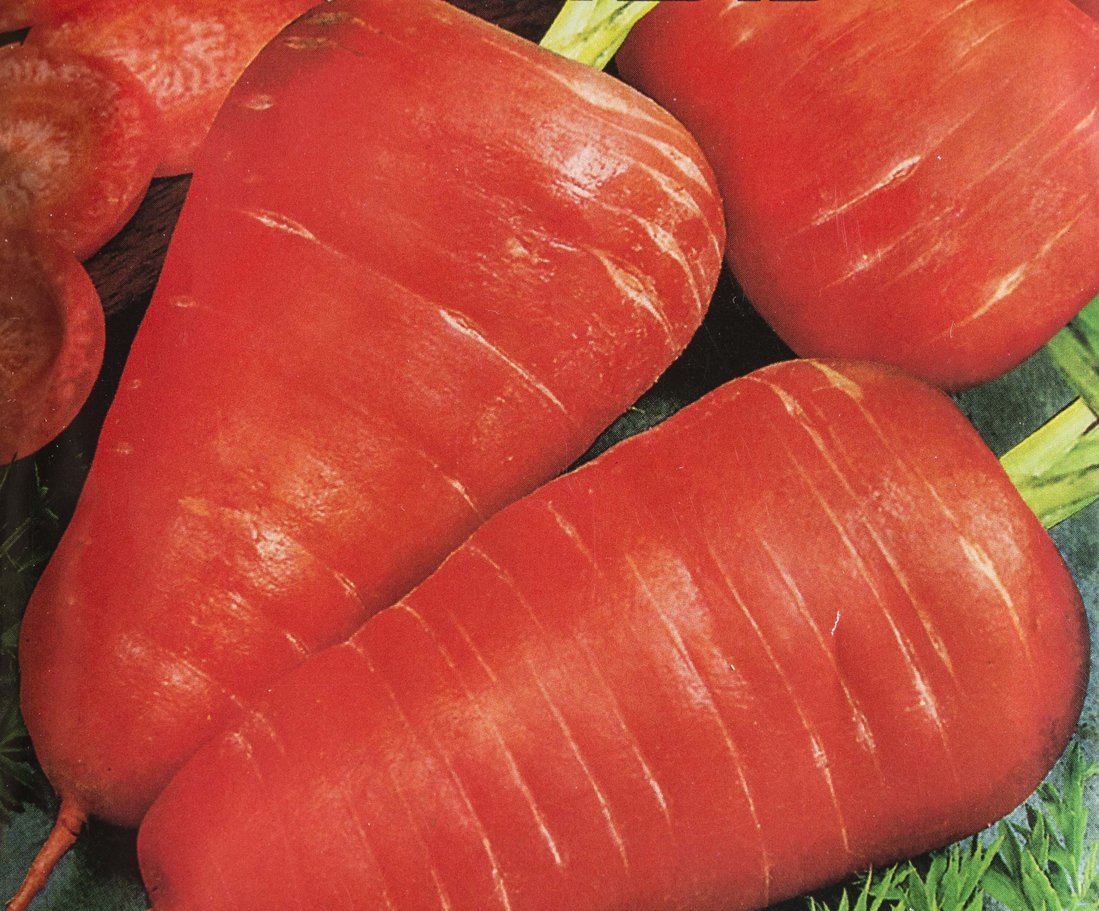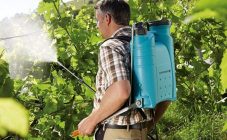Content:
Grapes are a culture that every gardener dreams of having on his site. However, not everyone can grow a strong and healthy plant. Grapes are susceptible to a wide variety of diseases. There are four main problems:
- fungal infections (powdery mildew, anthracnose, gray and black rot);
- bacterial infections (bacterial cancer);
- viral infections (chlorosis, vein mosaic, leaf marbling);
- insect pests (leaf rollers, mealybugs, mowers, phylloxera).
To get a rich harvest of sunny berries in the fall, the health of the vine must be taken care of long before the fruit ripens. It is worth noting that certain preventive measures must be carried out at different periods of the growing season of a given crop. However, there are general preventive measures that can prevent the appearance of pests and the development of many diseases.
Preventive work
The main thing that every winegrower should remember is that excess moisture is the main cause of the appearance and development of pathogens.
Therefore, prevention is based on the following rules:
- you need to water the plants strictly at the root, make sure that the stem and leaves always remain dry;
- it is necessary to carefully and systematically control weeds;
- make sure that the soil under the vineyard remains dry;
- in the spring, as soon as the vine opens, last year's foliage should be removed, since it is the source of the development of spores of pathogenic fungi;
- when forming a green bush, it must be borne in mind that its lower part should be well ventilated and illuminated;
- to ensure root respiration of plants, loosening should be replaced by mulching; pine needles are good mulch;
- excessive nitrogen nutrition can provoke the development of infections, so feeding with a high content of this component should not be abused.
Grape processing
The most common method of processing in order to prevent most diseases is by spraying the grapes with special preparations. The first time chemical treatment should be carried out in early spring, immediately after removing the winter shelter from the bushes. To do this, you need to fix the bunches of branches to the trellis at random and clean with a soft brush from lumps of soil.
Early spring spraying can be done when the air temperature warms up to 5-7 ° C. Nitrafen is best suited as a fungicide. But the DNOC agent in summer cottages should not be used, since it is highly toxic. This preparation is recommended only for processing industrial vineyards.
Do I need to process grapes in May
If food grapes were infected with mildew in the previous year or signs of fungal infection appear on the developing young leaves, a second spring treatment should be carried out.What is the best way to spray the grape bushes in the month of May?
In order to protect plants from felt mites and leaf rollers, it is recommended to use fungicides (fufanon-nova, aliot, etc.). The treatment should be carried out in the 9-10 leaf phase. The spark-m tool has proven itself well. To obtain a solution, take 10 ml of the drug for 1 bucket of rainwater.
To protect your vineyard from damage by powdery mildew, it must be timely treated with preparations based on copper (Profit Gold, Cuprolux, Azophos).
Topaz is a good remedy for powdery mildew. It is resistant to washing off by atmospheric precipitation, quickly penetrates into leaf cells and destroys mycelium. Topaz has multiple effects. In addition to destroying fungal infection, it helps to strengthen the immunity of grapes. At the first signs of powdery mildew on the leaves, you need to dilute 4 ml of the drug in 10 liters of water.
Plants should be treated in protective clothing, use a respirator, goggles and gloves. In case of contact with the skin, you need to quickly rinse the affected area with running water. These safety measures should be observed due to the high toxicity of the drugs.
Summer grape processing
June is the month when grapes bloom. This period is the most dangerous in terms of infection with infections and attacks by dangerous insects. During the formation of flowers, grapes not only should not be sprayed with drugs, they should not even be watered. Therefore, processing must be completed before the first inflorescences appear.
A good remedy at this stage is ridomil gold (25 g of the drug is dissolved in 10 l of water). Solution consumption for 1 m² is 100-150 ml. You need to use it immediately after preparation. After spraying, a protective film forms on the leaves, so rain cannot wash off the fungicide.
July is the time of active formation and development of fruits. At the same time, pronounced signs of damage by powdery mildew, putrefactive infections and insects appear on the leaves and berries. How to spray grapes during this period?
Systemic fungicides of complex action, such as quadris or strobe, are best suited. Quadris preparation retains its activity for more than 2 days after grape processing. This is enough to destroy the mushroom mycelium and kill the spores. It should be noted that with the timely treatment of shrubs with this tool, fruiting will last longer by 2-3 weeks. The consumption rate of the drug is 6-8 ml per 10 liters of water.
Dangerous pests: what to do?
Summer is a good time for insect breeding, many of which are dangerous for grapes. Leaf rollers and bunny caterpillar greedily eat flowers, spoil the ovary and berries. Miner moths, scoop larvae, cicadas, and turkeys gnaw on buds and leaves. Of course, the best control method is the timely removal of damaged plant parts and mechanical destruction of pest eggs.
Coping with the infection in the summer in a proven folk way is much safer than spraying grapes with chemicals. You can treat the bush with soapy water. To do this, you need to take 0.5 liters of water, add 2 teaspoons of liquid soap and 20 g of vegetable oil.
Tinctures based on natural plant materials have also proven themselves well:
- Garlic tincture is great for aphids. For half a liter of water, take an average head of garlic.Pass the cloves through the press. 50 ml of sunflower oil is added to the mixture and insisted for a day in a closed jar. The spray liquid is prepared at the rate of 25-30 g of infusion per 1 liter of water.
- Infusion from the tops of nightshade crops. An infusion of chopped tops of tomatoes or potatoes is recognized as a universal remedy for grape pests. A pound of chopped nightshade grass is insisted in 1 bucket of water for a day. Then the solution is filtered and sprayed with plants.
- Tincture based on bitter pepper. For cooking, you need 250-350 g of chopped pods and the same amount of water. The mixture must be boiled for 2 hours over low heat. Insist 2 days. The concentration of the spray solution is 1: 7.
The indisputable advantage of folk remedies is their environmental safety for humans and the environment. However, the scale of the disaster is often such that insects can only be dealt with with insecticides.. For example, a preparation of intestinal and contact action, sumicidin, is suitable against the grape leafworm. For spraying, a 20% emulsion is recommended with a consumption rate of 0.4-1 l per 1 hectare of vineyard. The drug is toxic to pollinating insects. When working with the solution, all safety precautions must be observed. Processing should be carried out no later than 42-45 days before harvesting.
Autumn is pest control time
The end of the active growing season is the most important period when grapes are processed from diseases and pests. The processing time in the fall is determined by the end of the harvest.
Copper sulfate - a popular remedy that gardeners use to protect plants in the autumn. The solution for processing grapes is prepared in a glass container. In 1 liter of warm water (50-55 ° C), dilute 100 g of copper sulfate and mix thoroughly. The volume of the liquid is brought to 10 liters and the plants are sprayed.
Seasonal processing calendar
To optimize work in the vineyard, gardeners need to adhere to an approximate schedule of plant care and disease prevention:
- Convergence of snow (1-3 ten days of April). This period is characterized by the onset of crying vines and the awakening of the buds. The substance for the first treatment is ferrous sulfate (350-500 g per 10 liters of water).
- Dissolving buds (4th decade of April - 1st decade of May). Treatment with phytosporin. This is a better remedy than you can treat grapes in the spring from diseases and dangerous pests. It is necessary to dilute the paste in water (1: 2) and distribute it evenly over the vine with a soft brush.
- Disclosure of 3-6 leaves, active growth of shoots (2-3 decade of May). The beginning of the fight against mildew, oidium and aphids. For these purposes, topaz, ridomil, biotlin preparations are suitable. Moreover, the joint use of these chemicals is permissible. At this stage of the growing season, plants are watered and fed with chicken droppings.
- Flowering and formation of the ovary (4th decade of May - 3rd decade of June). It is recommended to use (fungicides cabrio, kardis, profit gold, foundationol) and insecticides (karbofos and cypermethrin).
- Active berry growth (end of June-July). Boric acid is used for pest control.
- The berries begin to ripen (4th decade of July - 2nd decade of August). Protect bunches from wasps with mesh bags. Soda (10% water solution) is used to protect the bush from dangerous microorganisms.
Every gardener who decides to grow grapes must remember about the timely prevention of diseases of this culture. Unfortunately, it will not be possible to do without pesticides here. But it will be easier to care for the grapes if you stick to the vineyard's calendar. Many gardeners who have followed these guidelines for several years have achieved high yields of table and wine grapes.
